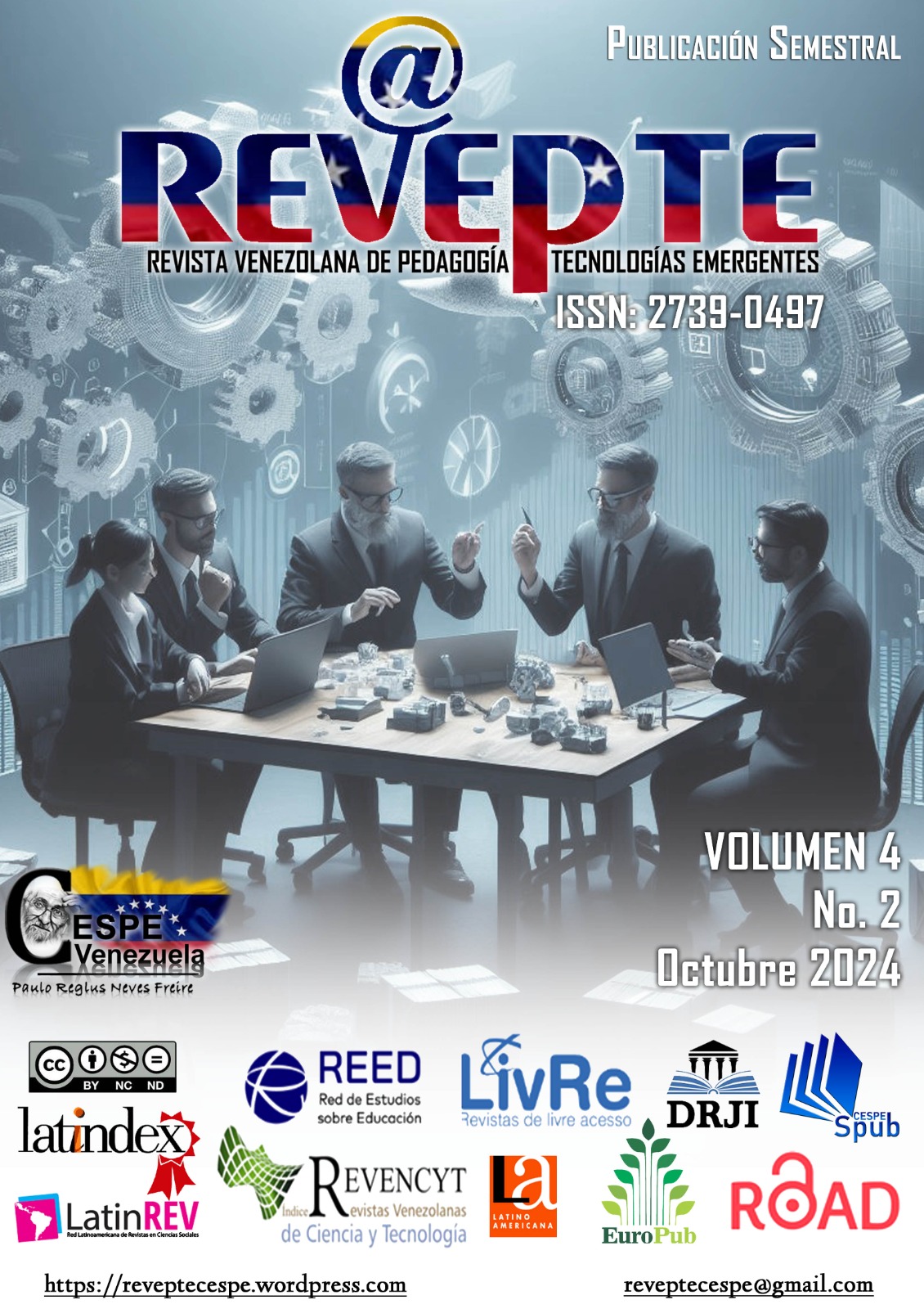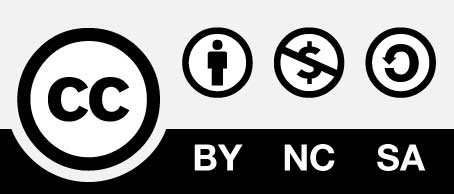The Transcomplex Manager, a gnoseological hermeneut of intelligent organizations in the praxeology of open coding
Keywords:
Transcomplex Manager, Gnoseology, Intelligent Organizations, PraxeologyAbstract
Within an organization, different individuals converge, who play different roles with similar or different functions; however, all their needs, desires for responsibility, authority, skills or abilities are different, in addition, satisfaction, as well as job dissatisfaction are different. The purpose of this article is to carry out an analysis of the transcomplex manager, a gnoseological hermeneutic of intelligent organizations in the praxeology of open coding, a documentary review under a qualitative approach. The theoretical foundations on which it is based are the role of the manager, Transcomplex management, the confluence with other philosophical branches, hermeneutics, epistemology, other types of structures such as intelligent organizations and research paradigms such as praxeology and open coding. As a final reflection, the transcomplex manager is presented from his humanity, incorporating in his practice new theories to manage that go towards the basics of a person as an individual and not as someone who is in the organization to fulfill a function, where the transcomplexity approach is applied from tools through which it allows him to establish better relationships with his peer’s using synergy and collaborative work. managing to value human resources and enhance teamwork in a non-linear way, promoting knowledge from the complexity and transcendence of human resources.
References
Abreu Fuentes, José; Marín Gómez, Carmen & Bennasar Garcia, Miguel (2020) Pensamiento Gerencial Transcomplejo en Empresas Emergente del Siglo XXI. Metrópolis, Revista de estudios globales universitarios vol. 1 No 2 2020. Disponible en: http://www.metropolis.metrouni.us/index.php/metropolis/article/view/45/35
Andreu Abela Jaime; García-Nieto, Antonio y Pérez Corbacho, Ana Maria (2007) Evolución de la Teoría fundamentada como técnica de análisis cualitativo Cuadernos Metodológicos, 40. Madrid. CIS.
Charmaz, Kathy (2000). Grounded Theory. Objectivist and constructivist methods. (Pp.509- 535). En: Denzin, N.; Lincoln, Y. (Eds.) Handbook of qualitative research. California: SAGE.
Chiavenato Idalberto (2019) Introducción a la Teoría General de la Administración. 10ma. Edición. Madrid: McGraw-Hill Publishing Co; 2019.
Gaete Quezada, Ricardo (2014) Reflexiones sobre las bases y procedimientos de la Teoría Fundamentada. Revista Ciencia, Docencia y Tecnología, vol. XXV, núm. 48, mayo, 2014, pp. 149-172 Universidad Nacional de Entre Ríos Concepción del Uruguay, Argentina. Disponible en: https://www.redalyc.org/pdf/145/14531006006.pdf
Gil, Jaime José (2007) La gestión empresarial bajo el enfoque de las organizaciones inteligentes en la sociedad de la información. Negotium, vol. 2, núm. 6, abril, 2007, pp. 33-54. Fundación Miguel Unamuno y Jugo Maracaibo, Venezuela.
Hurtado, Jakeline (2008). Guía para la comprensión Holística de la ciencia, Unidad III, Capitulo 3, PP. 45 a 65. Disponible en: http://virtual.urbe.edu/tesispub/0092769/cap03.pdf
Kadi, Omar y Maduro, Lizmary (2014) Análisis Gnoseológico orientado al desarrollo de mejores estrategias gerenciales aplicadas en la gestión pública “una visión ampliada para el sector público”. Universidad Rafael Belloso Chacín. Venezuela. Disponible en: https://ojs.urbe.edu/index.php/coeptum/article/view/1729/1650
López Hung, Eduardo (2022) Trascendencia gnoseológica y metodológica de los principios esenciales de la gestión organizacional. Revista de Información científica para la Dirección en Salud. INFODIR Editorial Ciencias Médicas, Cuba. Periodicidad: Cuatrimestral número 39 año 2022. Disponible en: http://portal.amelica.org/ameli/journal/445/4453737010/html/
Murray, Rothbard (2012) Praxeología: la metodología de la economía austriaca. Disponible en: https://mises.org/es/library/praxeologia-la-metodologia-de-la-economia-austriaca
Senge, Peter (2002). La Quinta disciplina. Escuelas que aprenden. Un manual de la Quinta Disciplina para educadores, padres de familia y todos lo que se interesen. Bogotá: Norma.
Downloads
Published
Issue
Section
License
Copyright (c) 2024 Juan Carlos Pérez Vega, Omaira Golcheidt Carrera (Autor/a)

This work is licensed under a Creative Commons Attribution-NonCommercial-ShareAlike 4.0 International License.






